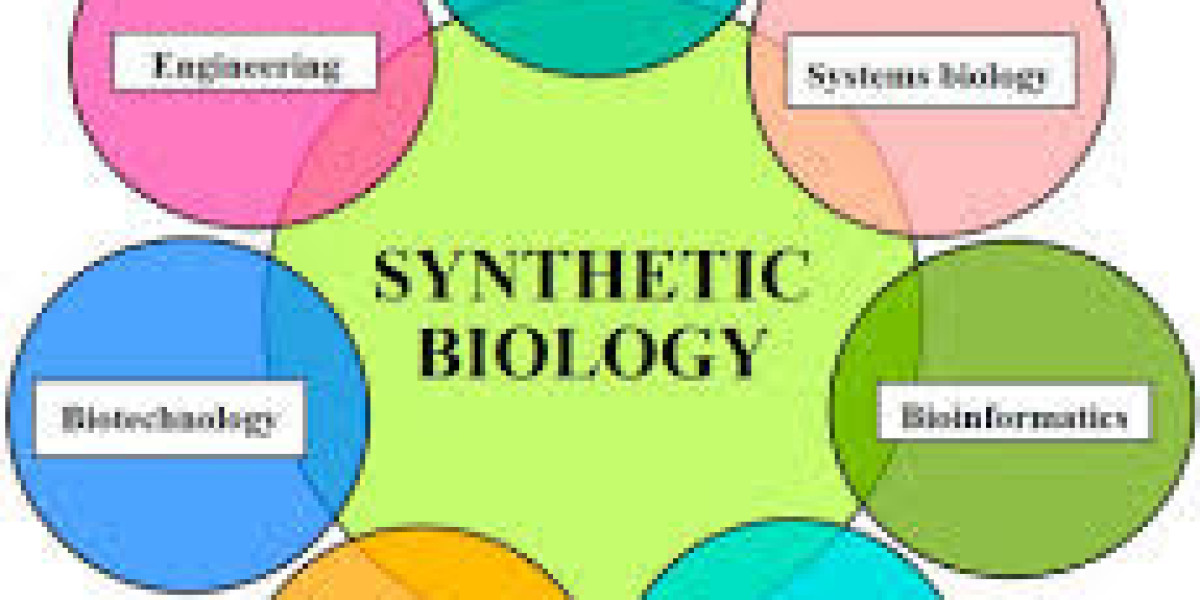The Synthetic Biology Market research landscape shows how rapidly evolving science is pushing the boundaries of what is possible in genetic engineering. Researchers are creating modular biological components like standardized gene parts, programmable enzymes, and bio-sensors that can be assembled like electronic circuits. These developments are transforming industries by allowing precise control over biological processes, which enables the creation of new materials, therapeutics, and energy sources. In medicine, synthetic biology is enabling the construction of custom genetic therapies designed to correct defective genes at their source. This has major implications for treating rare diseases and cancers. In energy, synthetic organisms are being engineered to produce biofuels more efficiently, potentially reducing the world’s dependence on fossil fuels. Such innovations highlight how fundamental research drives commercial opportunities, with universities and research institutes acting as key incubators for new technologies and spin-off companies.
In addition to technological progress, research efforts are uncovering new ethical frameworks to govern synthetic biology safely. Global collaborations are forming to standardize methodologies, safety protocols, and intellectual property rights. This is crucial as the field is expanding across borders, involving international supply chains for biological materials and data. Governments are funding national synthetic biology research centers to ensure competitiveness and maintain biosecurity. These hubs act as bridges between academia and industry, fostering technology transfer and commercialization. As synthetic biology matures, continuous research will be vital to overcoming existing limitations such as scalability, stability of engineered organisms, and predictable behavior of complex genetic systems. The research ecosystem will remain the foundation of this industry’s success, ensuring a pipeline of novel ideas and trained scientists to meet future market demands.
FAQs
Q1: What role does research play in synthetic biology?
A1: Research drives the discovery of new genetic tools, bio-components, and industrial applications.
Q2: Who are the key players in synthetic biology research?
A2: Universities, biotech start-ups, and government-funded research institutes are leading contributors.
Q3: What challenges does synthetic biology research face?
A3: Key challenges include scalability, system predictability, and biosecurity concerns.








